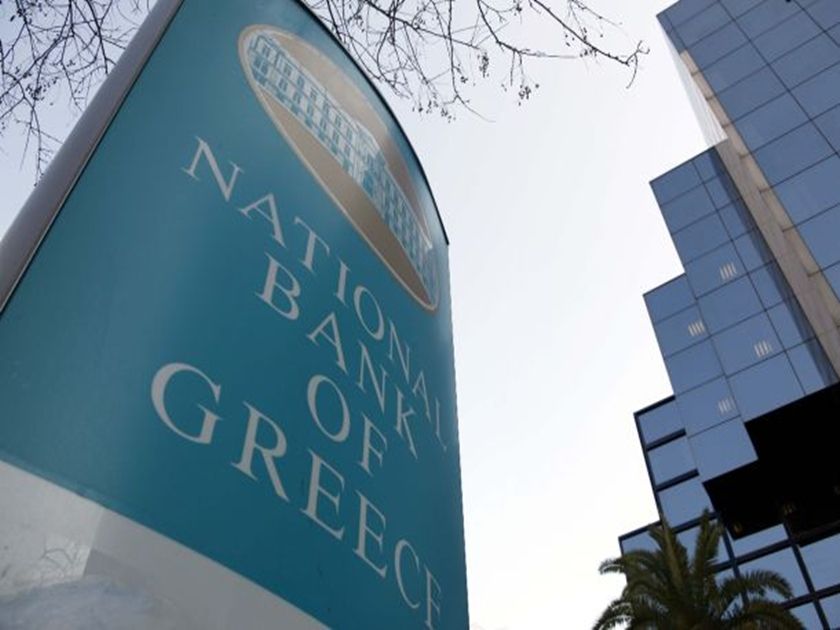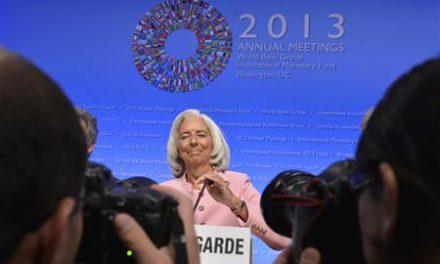As debt-ridden Greece leaves behind a year plagued with turbulence and uncertainty, investors seem more hopeful for the coming year. Although the troubled economy has somewhat stabilized, the country still faces uncertainty, especially with regards to its future in the Eurozone.
Bidness Etc takes a look at the main events of the year in passing, and what investors should look forward to in the next year.
Markets were quick to react to the worrying developments in the Greek debt saga. National Bank of Greece (ADR) (OTCMKTS:NBGGY), for instance, had to face considerable downward pressure.
The graph below illustrates the downward momentum witnessed for the most part of the year. So far this year, NBG shares have shed more than 79% of their market value. The decline can majorly be attributed to the recapitalization strategy that aims to tweak the capital structures of the key names leading Greece’s banking sector.

As part of the recapitalization move, banks offered new shares, but at significant discounts to the prevailing market values. Theoretically, this results in a dilution of market values, pulling stock prices further south at an alarming pace — validated by the recent downward trajectory witnessed in Greek banking shares.
Greek banks can now look forward to upgraded capital structures. At the same time, banking stocks continue to be an enigma to both current and prospective investors. According to consensus, any real turnaround in the shares’ value is only possible on the back of substantial recovery on the economic front. Therefore, Greece needs to attract an influx of fresh investment and regain investor confidence.
Greece’s future outlook demands a viable economic strategy that would enable the country to rebound independently, without relying on international creditors for assistance. Many analysts deem creditor assistance, rather than the crisis itself, to have caused more harm to the country’s future economic prospects. Given Greece’s piling debt, analysts fear that the country risks defaulting on its dues if significant debt relief is not introduced. Therefore, the majority of Greek stakeholders are awaiting bailout negotiations. with progress on debt relief expected to materialize in 2016.
Despite Greece accommodating acute austerity and economic reforms demanded by international creditors, most experts continue to question the country’s ability to meet these targets.
For instance, Roul Ruparel, co-director of think tank Open Europe told CNBC, “The government is passing the necessary reforms but it does not support them or buy into them. Questions necessarily arise whether these reforms are actually going to be implemented. There is still a huge amount to be done to improve the business climate in Greece.”



















